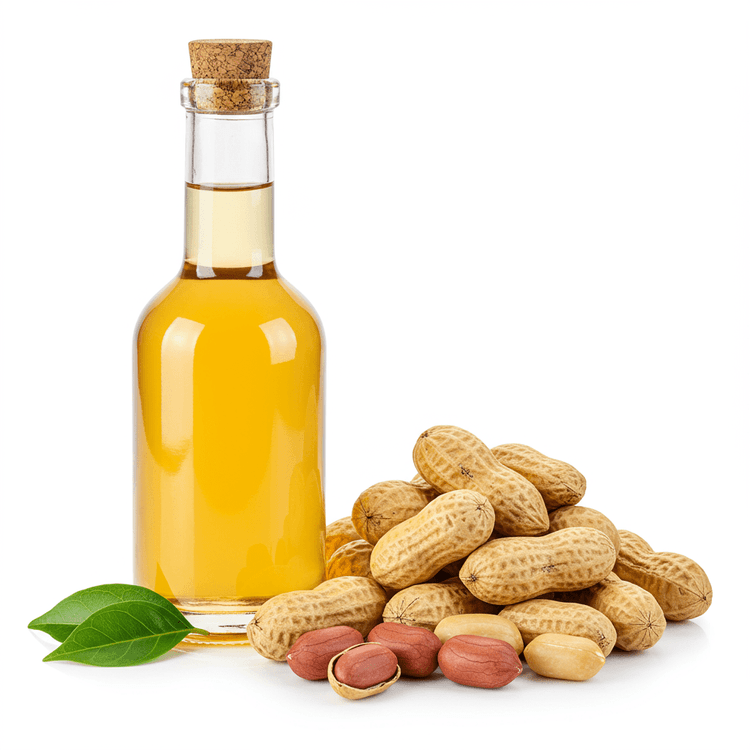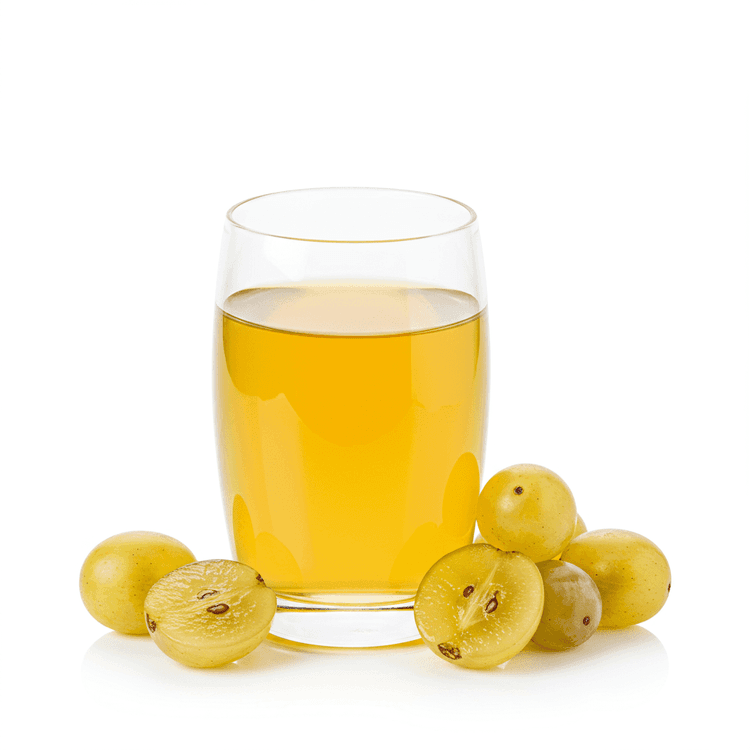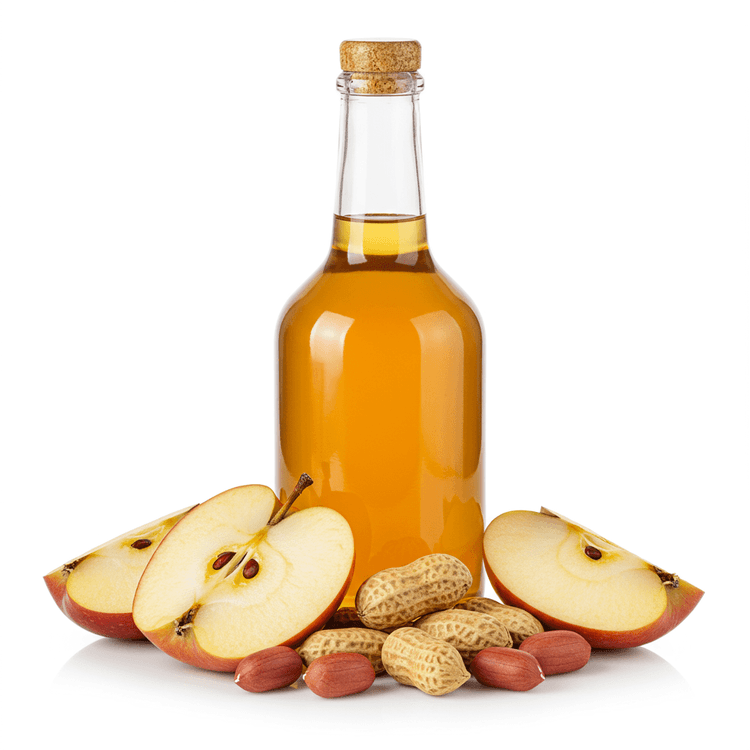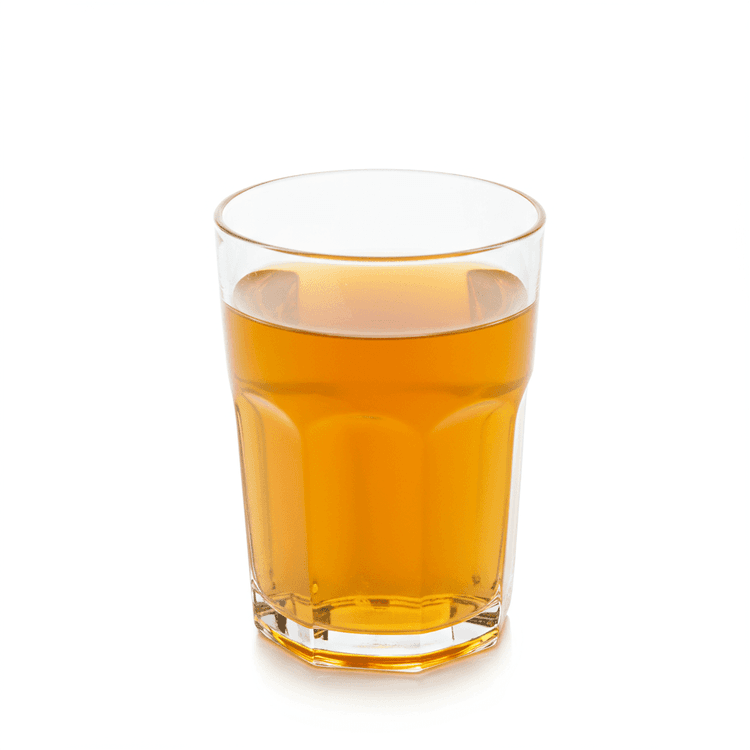
Cider
Cider is a fermented beverage made from apple juice, known for its crisp, refreshing taste and varying levels of sweetness or dryness. The color of cider ranges from pale yellow to amber, and it can be either still (non-carbonated) or sparkling. Its flavor profile is fruity, often with hints of apple varieties used, such as tart, sweet, or tannic notes. Some ciders are crafted with other fruits or spices, adding complexity to the flavor. It's a popular alcoholic beverage and a non-alcoholic drink enjoyed during fall and winter season or year-round.
Common Uses
- Cider is used as a base for warming cocktails, like mulled cider with spices such as cinnamon, cloves, and star anise, providing a flavorful and comforting drink during colder months.
- It can be used in cooking savory dishes, for example, braising pork or chicken in cider to add a subtle fruity flavor and tenderize the meat.
- Cider makes an excellent marinade for meats, infusing them with moisture and a slightly sweet apple taste.
- Reduced cider is a fantastic sauce or glaze for roasted vegetables like squash or Brussels sprouts, creating a sweet and savory side dish.
- Cider is also a popular ingredient in baked goods, such as apple cakes and pies, contributing to a moist texture and enhancing the apple flavor.
- Hard cider (alcoholic cider) is often paired with cheese and charcuterie boards, offering a complementary contrast to rich and savory flavors.
Nutrition (per serving)
Nutrition (per serving)
Calories
108.0kcal (5.4%)
Protein
0.0g
Carbs
27.0g (9.82%)
Sugars
24.0g (48%)
Healthy Fat
0.0g
Unhealthy Fat
0.0g
% Daily Value based on a 2000 calorie diet
Nutrition (per serving)
Calories
108.0kcal (5.4%)
Protein
0.0g
Carbs
27.0g (9.82%)
Sugars
24.0g (48%)
Healthy Fat
0.0g
Unhealthy Fat
0.0g
% Daily Value based on a 2000 calorie diet
Health Benefits
- May improve heart health due to its polyphenol content.
- Can aid digestion and promote gut health as it contains pectin, a soluble fiber.
- May boost immunity, thanks to vitamin C, especially in fresh cider.
- Provides antioxidants that help combat free radicals and reduce cellular damage.
- Can contribute to hydration when consumed in moderation.
Chefadora AI is here.
Experience smarter, stress-free cooking.
Storage Tips
Unopened cider can typically be stored at room temperature in a cool, dark place until its expiration date. Once opened, cider should be refrigerated promptly to prevent spoilage and maintain its flavor. Properly refrigerated opened cider can last for about 7-10 days. You can also freeze cider for longer storage, though it may affect the texture upon thawing; consider using thawed cider in cooked applications.
Marnirni-apinthi Building, Lot Fourteen,
North Terrace, Adelaide, South Australia, 5000
Australia





